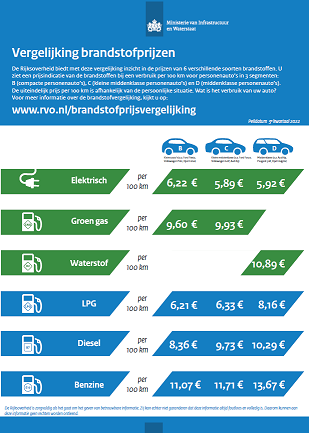Introduction
Diesel fuel prices are a vital economic indicator, impacting numerous sectors from transportation to agriculture. As of October 2023, South Africa is experiencing significant fluctuations in diesel prices, raising concerns among consumers and businesses alike. Understanding the reasons behind these changes is crucial for stakeholders looking to navigate the economic landscape.
Current Diesel Fuel Prices
According to the latest data from the Department of Mineral Resources and Energy (DMRE), the price of diesel has risen by approximately 15% compared to earlier in the year. As of October 2023, motorists and businesses are facing diesel prices averaging around ZAR 25.00 per litre at the pump. This increase is attributed to a combination of global oil market dynamics, local currency fluctuations, and seasonal demands.
Factors Influencing Diesel Prices
One of the primary factors driving up diesel prices is the recent surge in crude oil prices globally, which have topped USD 90 per barrel due to geopolitical tensions, particularly in the Middle East. This situation has led to increased costs for refineries, which are subsequently passed on to consumers. Additionally, the weakening South African Rand against the US dollar exacerbates the issue, making imports more expensive.
Furthermore, seasonal demands are also a contributing factor. The onset of agricultural harvesting season typically increases the need for diesel among farmers, creating further pressure on prices. Industry analysts suggest that this trend could continue as the market adjusts to both local and international conditions.
The Impact on Consumers and Businesses
The rising diesel prices have raised alarms across various sectors, especially in transportation and freight. Logistics companies and long-haul transport operators are particularly affected, leading to increased costs for goods transportation. These expenses are likely to trickle down to consumers, ultimately affecting retail prices.
Consumers are also feeling the pinch as rising fuel costs contribute to inflation, which has been on the upswing in South Africa. This impact on everyday expenses underscores the interconnectedness of energy costs with the broader economy.
Conclusion
The upward trend in diesel fuel prices presents challenges for South African consumers and businesses. As the country navigates the complexities of the global oil market and local economic pressures, it is essential for stakeholders to remain informed. Short-term and long-term strategies will be necessary to manage these rising costs effectively, from seeking alternative energy sources to improving fuel efficiency. Looking ahead, experts advise monitoring both local and global developments closely, as these will significantly affect diesel prices in the months to come.


